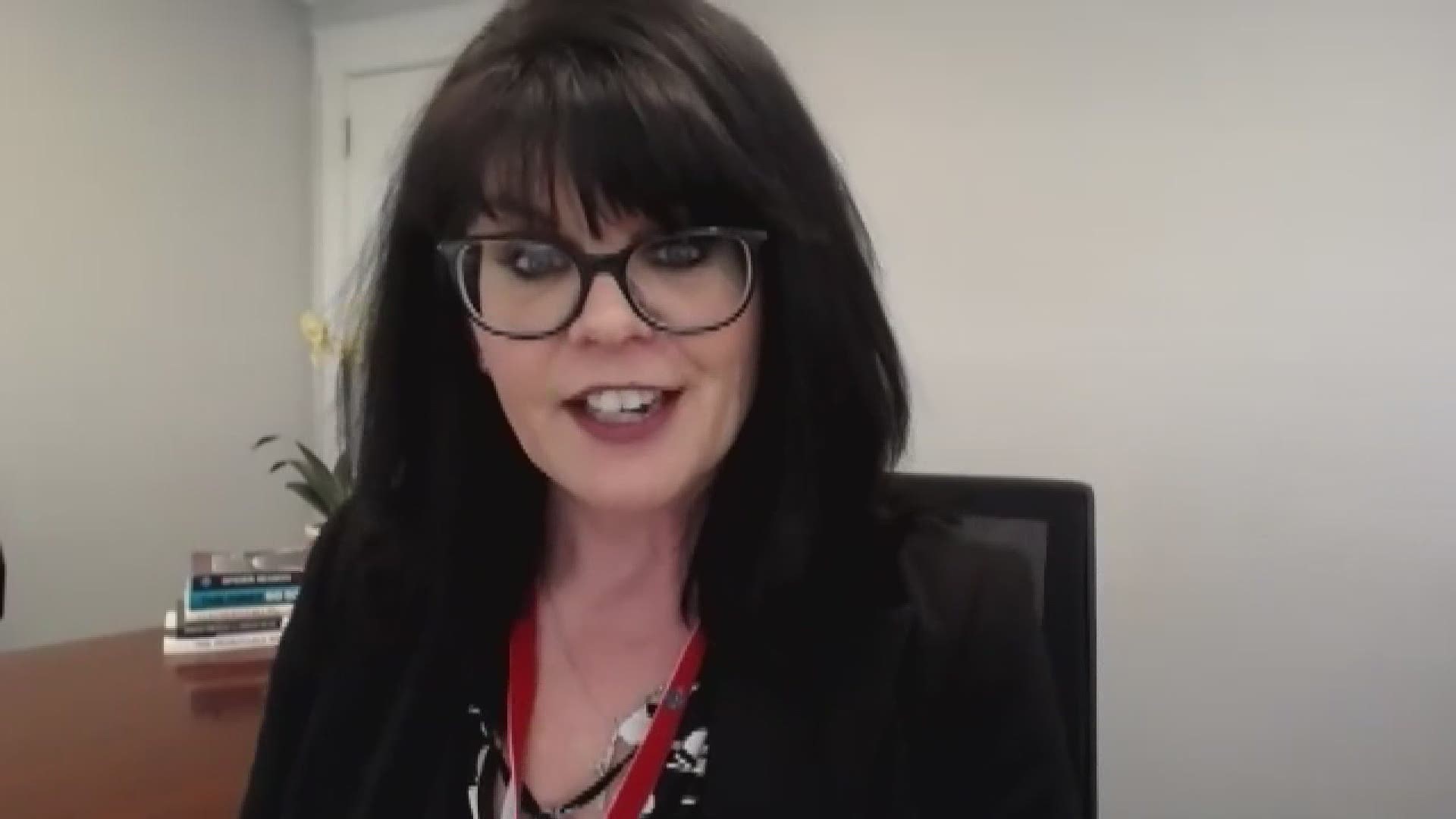PORTLAND, Maine — Brenda Pollock is a financial counselor for Evergreen Credit Union. She has contributed a few financial information pieces to 207.
First, for those who have lost their jobs or have reduced pay, the most important thing you must do immediately, is ELIMINATE ANY EXPENSE YOU DON’T TRULY NEED. Remember that budget we discussed a few months back - Where does your money go? - you need to take that out. Now is the time to be ruthless with your spending. Make a list of everything, and I mean everything you are currently spending money on.
- Know how much you need for the essentials: Housing and food. Identify those fixed monthly expenses and when it comes to groceries, stick to an essentials only budget.
If you have lost your income or a portion of your income, should you be using your savings?
- More than 60% of Americans do not have a $1,000 emergency fund. But, if you have an emergency fund, you worked hard to save that so use it as a last resort. Before you spend your hard earned savings, seriously look at where you’re spending your money. What we are recommending is to create an individual budget for each month: April, May, June and so on. For the following 6 months, prepare individual budgets, be diligent, and stick to it.
What if you just don’t have enough to balance the income and the expenses?
- If the scales are tipped to the expense side, don’t wait. Call your lenders. You may be able to work with your lenders and take advantage of deferred payments or skip-a-pay programs. Remember, you’re still going to be charged the interest fee for each of these loans in the end, but, it may give you a bit of breathing room so you are able to balance your income and your expenses.
What about your credit card bills? Can those be deferred?
- If you can afford to make your minimum credit card payment, do it. If you cannot, contact your credit card provider to see if they are offering payment relief. Your credit score is still a high priority and you don’t want to incur late payments.
If you're unable to pay some of your mortgage? What do you do then?
- Housing and food are your top priorities. You will never know what your lenders can offer if you don’t ask. Know there are millions of American households expected to face financial burdens in the wake of this pandemic. You want to discuss your options with your mortgage lender. And it's really important for you to reach out first. Contact them before you get behind. They may be able to help.
What about those people who are renting?
- Most landlords are willing to work with a good tenant who is experiencing hardship due to this current event. It is best to budget a partial payment if you can. Make a payment plan with repayment dates. Put it in writing. Be empathetic. Your landlord is relying on that rental income as well. But again, address the topic with your landlord as soon as possible and get an agreement down on paper.
Whenever there is some crisis, various scams always appear to pop up and try to take advantage of people. They target the elderly or people out of work, and can be devastating.
- Anyone claiming they can get your relief funds to you now or faster than the government can, is downright lying. There’s a system in place and no one can deliver your money to you any sooner then when you are meant to receive it.
- No one will call you from the IRS or any other federal or government agency requesting your information.
- Do not believe any call to verify your check or "pay this" to get your relief check.
What would you recommend to someone who is worried, trying to cut their budget, let alone plan a budget? What are some tips you’d recommend?
- Build the budget with your family. Everyone needs to be part of the budget, and understand the value of money and be on the same page to achieve your immediate goals and even set some fun future goal.
- Every month is different. Right now, most people will be receiving a stimulus check or additional funds with their unemployment benefits. It would be wise to plan how to use those funds and save wherever possible during such uncertainty.
- Try not to create new debt.
- Trim your budget wherever possible.
- Stick to the budget. Plan for everyone to participate in a “see how we did” budget event monthly.
Where can people turn if they need additional help.
- I am a Rotarian with the Biddeford-Saco Rotary Club. Our organization established a COVID-19 subcommittee, and allocated additional funds to help our communities get through these unprecedented times. There are Rotarians, and other organizations in this state that are truly stepping up to the plate. We’re Mainers. Maine.gov has a fabulous COVID-19 webpage with so much information. These are difficult times for everyone. It’s temporary and if you plan wisely, you can and will be able build your budget. It’s the foundation for getting us through. This I know. We will be stronger when this is over.
RELATED: Managing debt and staying afloat

